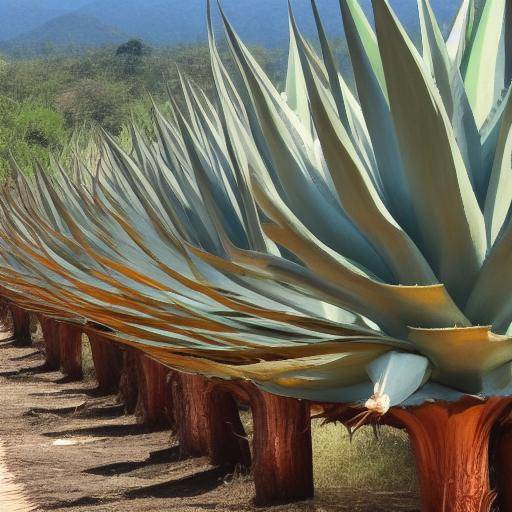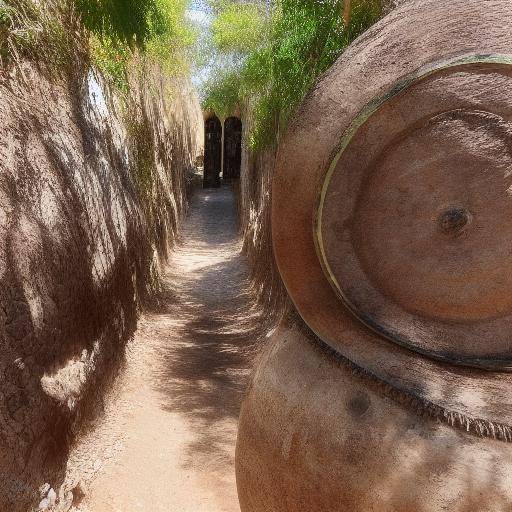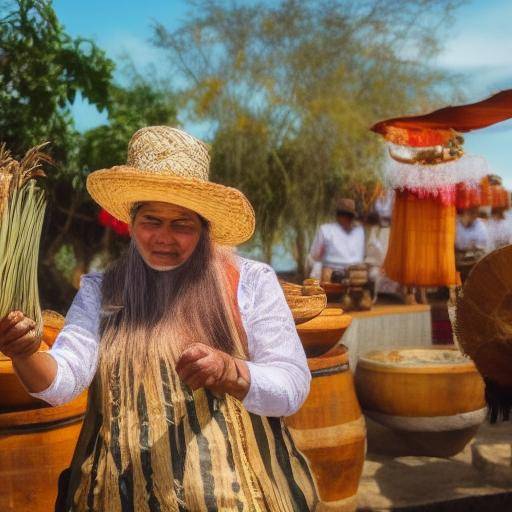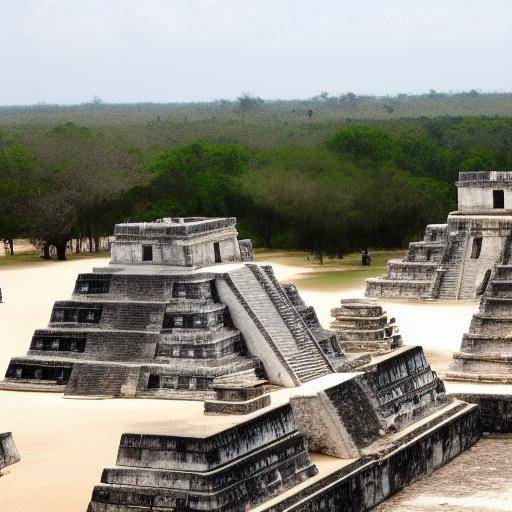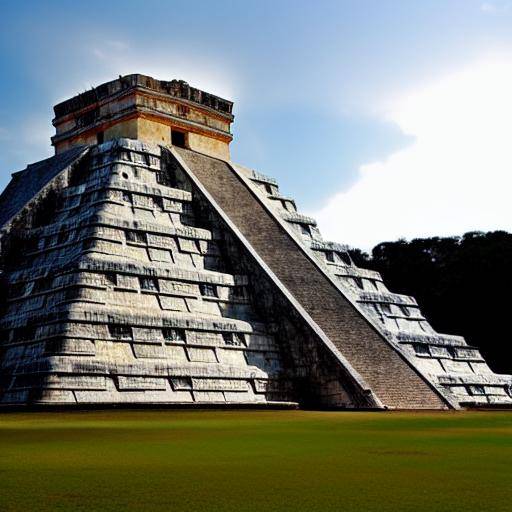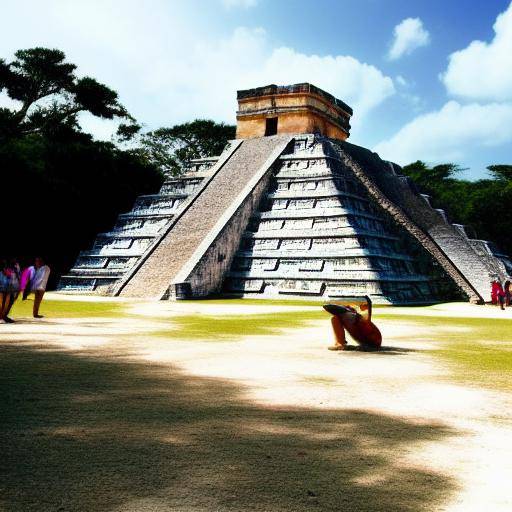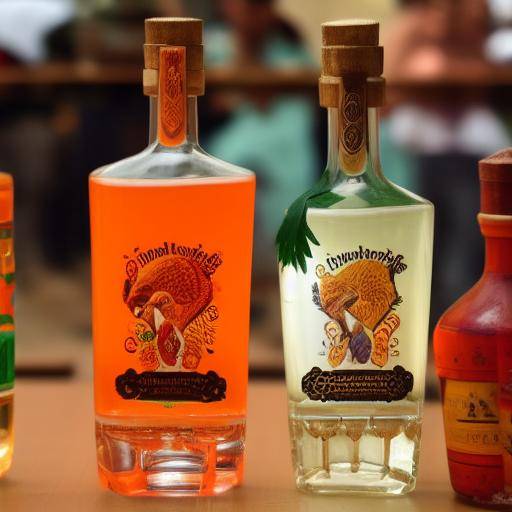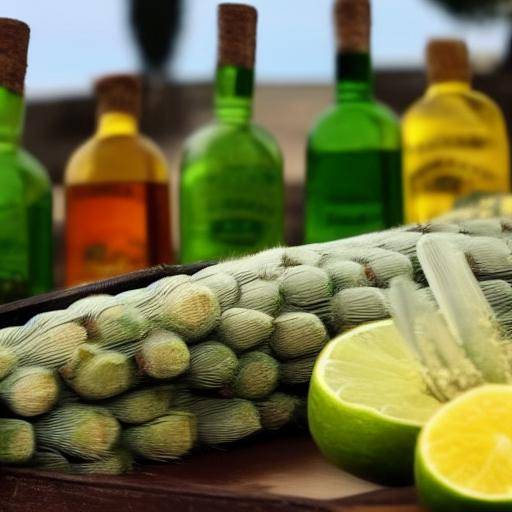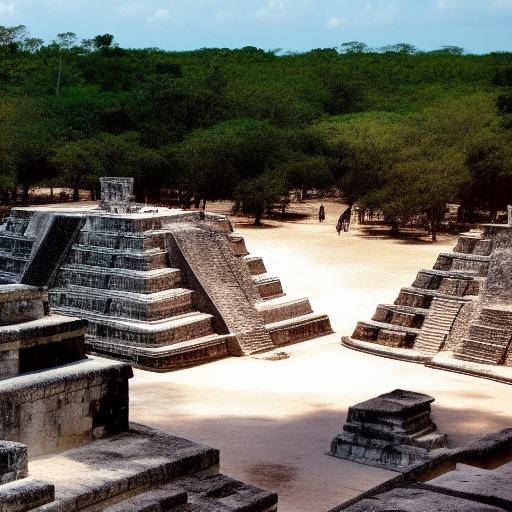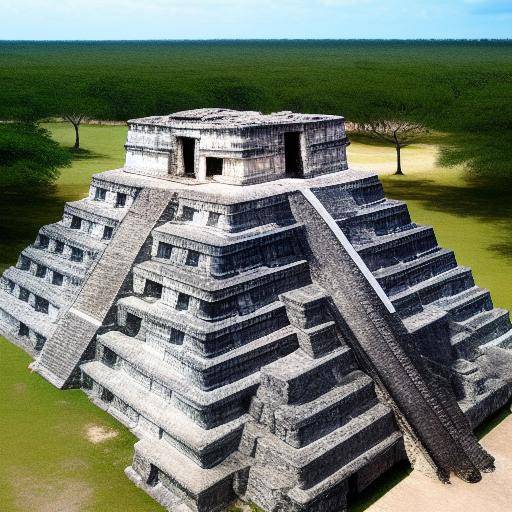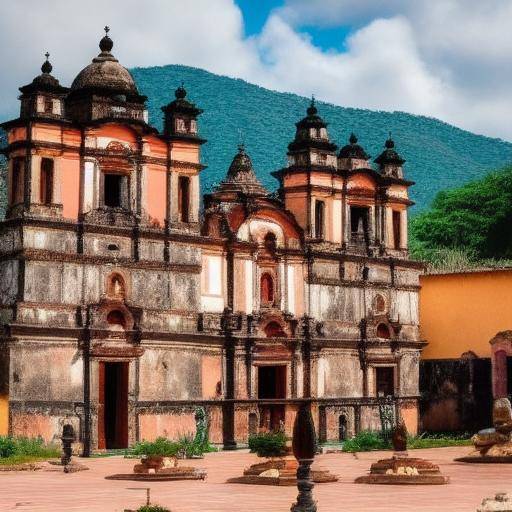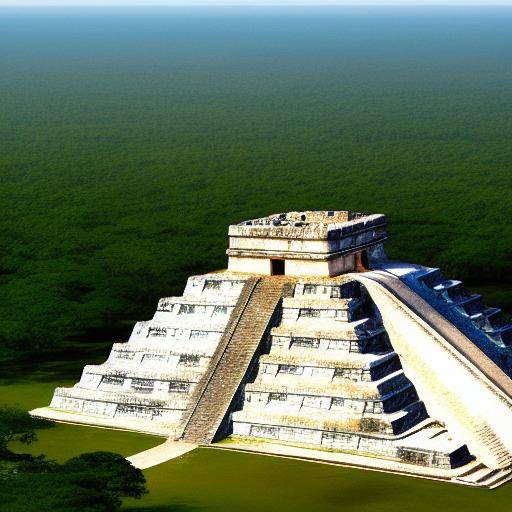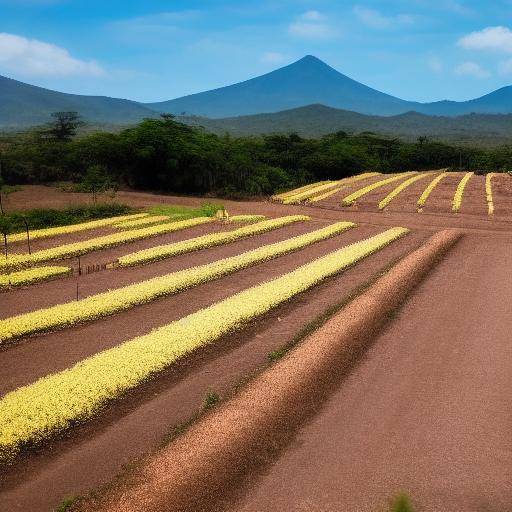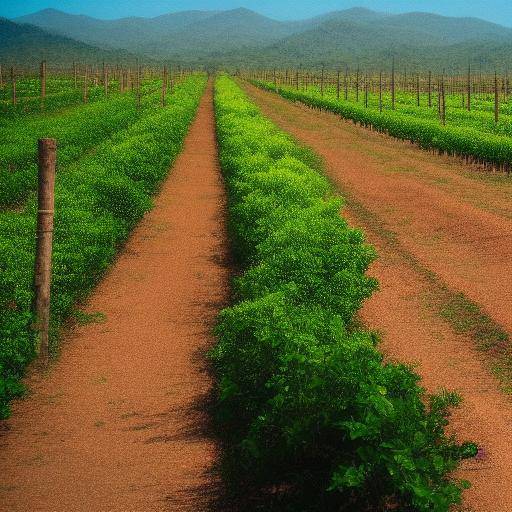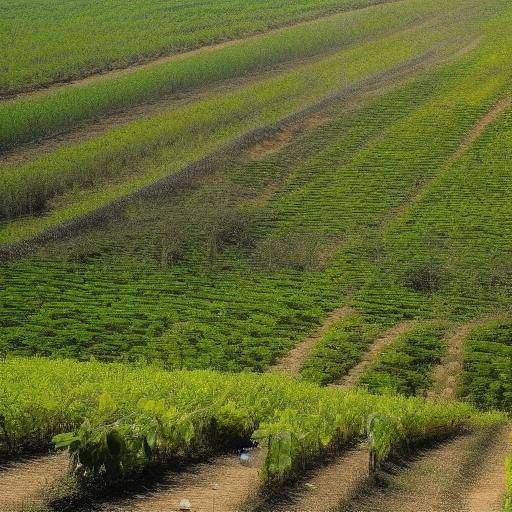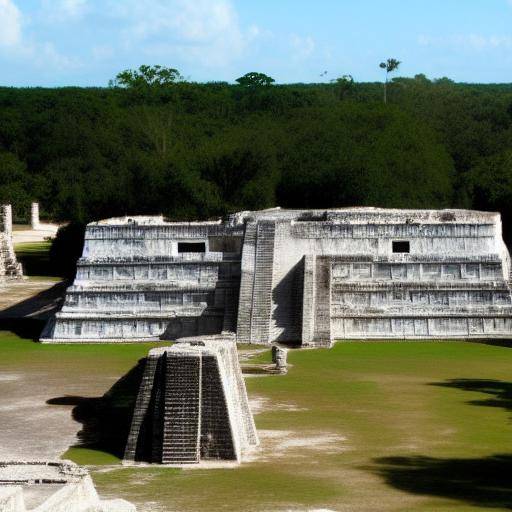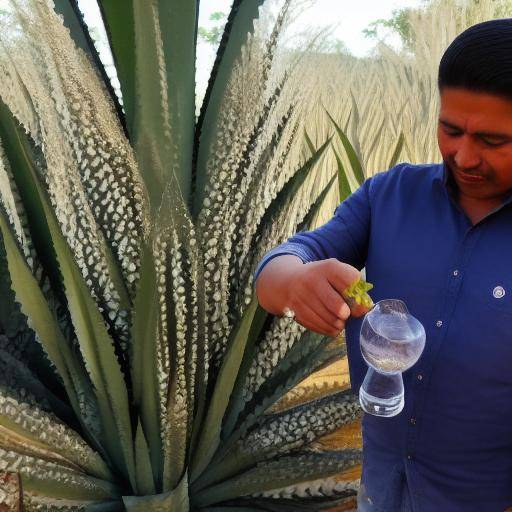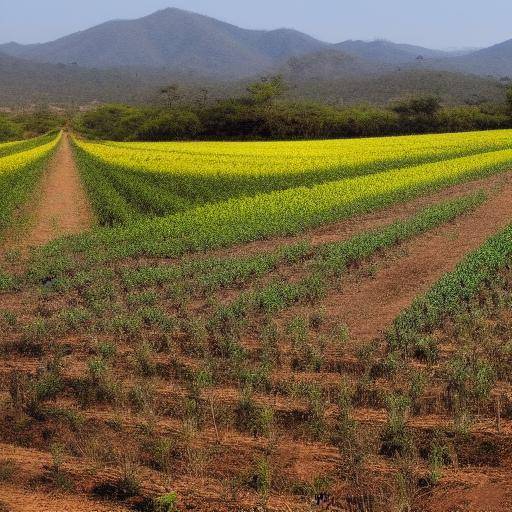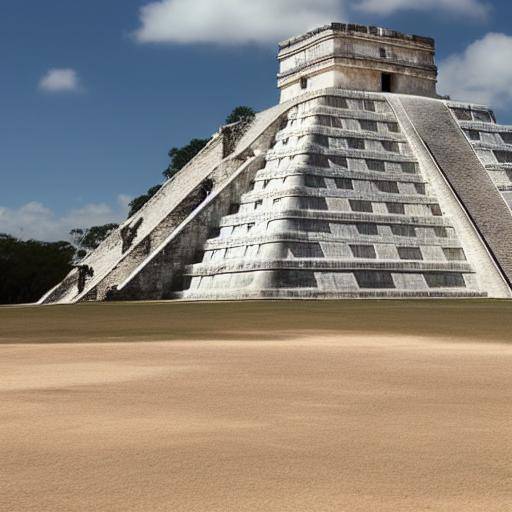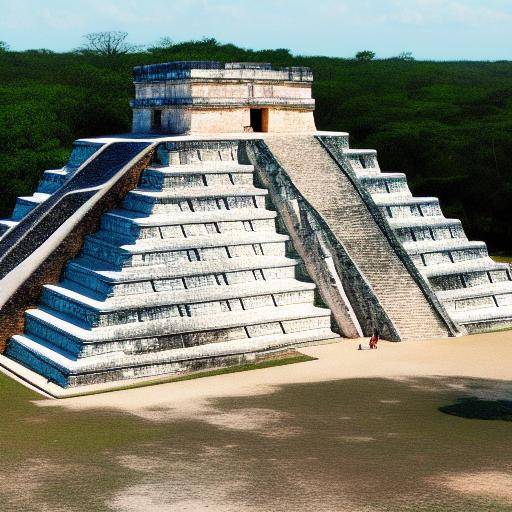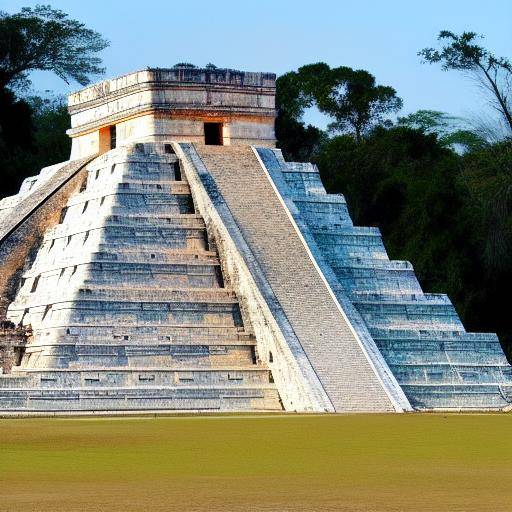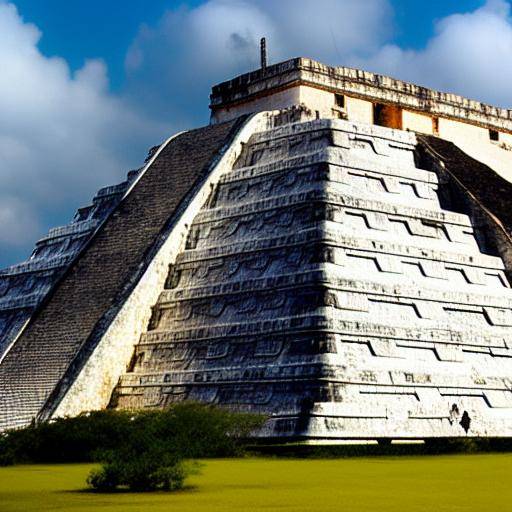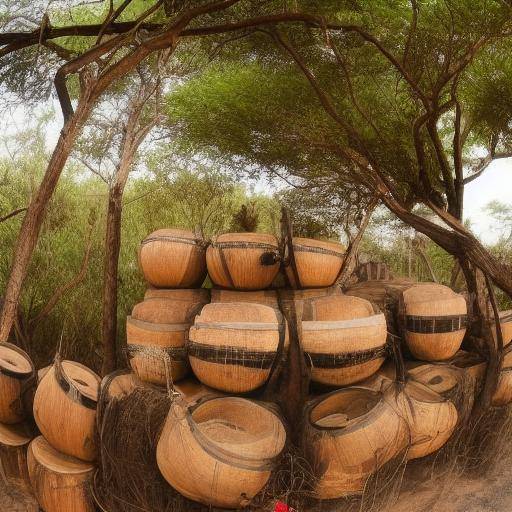
Tequila, an iconic Mexican drink, is not only a delicious spirit drink, but also a symbol of Mexico's rich culture. In this article, we will thoroughly explore the history, tradition and region of Jalisco, the cradle of this famous drink. In addition, we will analyze its importance for Mexico and the world, along with practical advice and expert opinions for those who wish to immerse themselves in the Tequila Route.
Introduction
From the agaveras lands of Jalisco to the aged barrels, the production of tequila has been an art rooted in the history and tradition of Mexico. On this journey, we will discover the magic behind each bottle, the wealth of Jalisco and the passion that has made tequila a national icon.
History and History of Tequila
The tequila has its roots in the region of Tequila, Jalisco, where the blue agaves, known as Agave tequilana Weber, are cultivated for its elaboration. The history of tequila dates back to pre-Hispanic times, when the natives fermented the watermiel, the sap of the agaves, to produce a drink known as a flea. It was from the distillation introduced by the Spaniards who were born tequila as we know it today.
Over the centuries, tequila has evolved from a local drink to becoming an icon of Mexican culture, influencing music, cinema and celebrations. Its denomination of origin, which limits its production to certain areas of Mexico, guarantees its authenticity.
Analysis in Deep Tequila
Tequila not only offers a distinctive taste, but also cultural and economic benefits for Mexico. The tequila industry has faced challenges such as competition for other spirits and climate change, but has demonstrated resilience and adaptability. As tequila gains global popularity, new opportunities and challenges are presented.
Comprehensive review
The distillation of tequila and its variety of aging types offer a wide range of flavors and aromas that make it versatile in cocktails and as a tasting drink. In addition, tequila tourism has shown significant growth, attracting avid visitors to discover the history and the process behind this iconic drink.
Comparative Analysis and Results
Jalisco, cradle of tequila, is a tourist destination that combines historical wealth with natural beauty. Also, Mexico is proud of its tequilera tradition, this drink being a symbol of national identity and pride.
Practical Tips and Accessible Recommendations
As you travel along the Tequila Route, it is important to maintain proper hydration and respect the times and limits of consumption of this drink. In addition, knowledge about the different types of tequila, its process of elaboration and pairing is essential for an enriching experience.
Industrial Perceptions and Expert Reviews
Tequila industry experts highlight the importance of sustainability in the production and impact of climate change on agave cultivation. Prospects on regulations and global competition also offer a broad vision of this constantly evolving market.
Case Studies and Practical Applications
The success cases of tequila brands that have been able to combine tradition with innovation provide valuable lessons on the industry. In addition, the different uses of tequila in cocktail and gastronomy highlight their versatility and fascination.
Future Trends and Predictions
Tequila continues its rise in the global market, with growth projections as land gains in new regions. Innovation and sustainability are expected to remain key factors in the evolution of this industry, with an increasing emphasis on quality and authenticity.
Conclusions and FAQs
After exploring the fascinating history, cultural impact and economic importance of tequila, it is clear that this iconic drink transcends its components to become a symbol of national identity and a proud ambassador of Mexican culture. Cheers!
Frequently asked questions
1. What's the story behind the name "tequila"?
The name "tequila" is derived from the nahuatl "Tecuilan", which means "place of work" or "place of tasks". This term originally referred to the place where the drink was produced.
2. What are the different types of tequila and their differences?
There are several types of tequila, including white (silver), reposed, aged and extra old. These differ in their aging process and, consequently, in their taste and aroma.
3. What is the importance of the name of origin of tequila?
The denomination of origin ensures that tequila is produced in certain regions of Mexico, specifically in Jalisco and some areas of the states of Guanajuato, Michoacán, Nayarit and Tamaulipas, ensuring its authenticity and quality.
4. What is the contribution of tequila to the Mexican economy?
Tequila is an important economic engine for Mexico, generating employment and contributing significantly to the country's trade balance.
5. How should the tequila taste properly?
Tequila tastes better in slow sips to appreciate its complexity. It can be accompanied by salt and lemon, but the experts recommend enjoying it only to appreciate its nuances.
6. What is the environmental impact of tequila production?
Tequila production has faced challenges related to sustainability and climate change, leading to a focus on responsible and eco-friendly practices.
With the combination of history, culture, tradition and taste, tequila represents much more than a drink. It is an emblem of national identity and a legacy that captivates those who discover it on the Tequila Route. Cheers and enjoy the trip!

